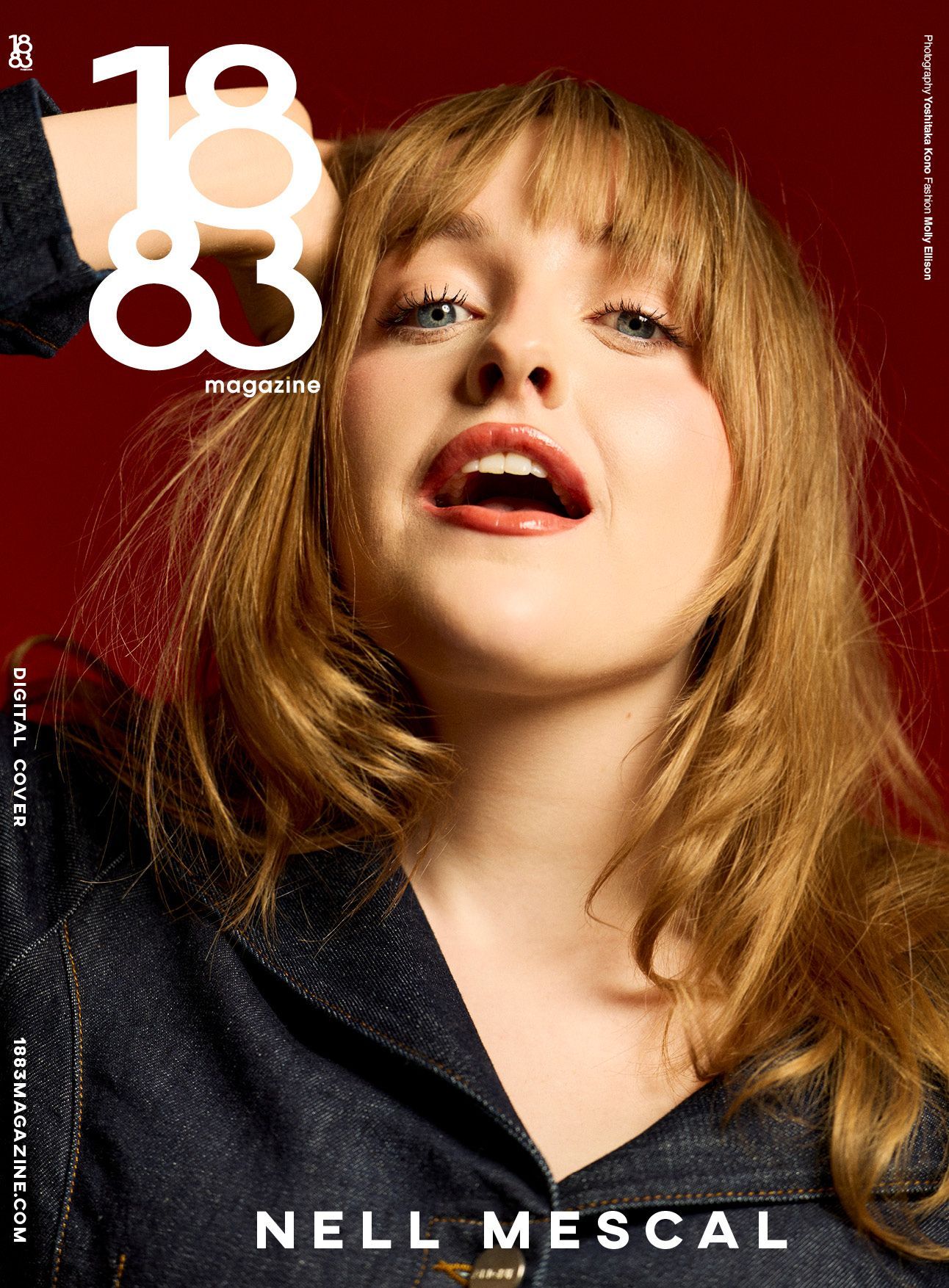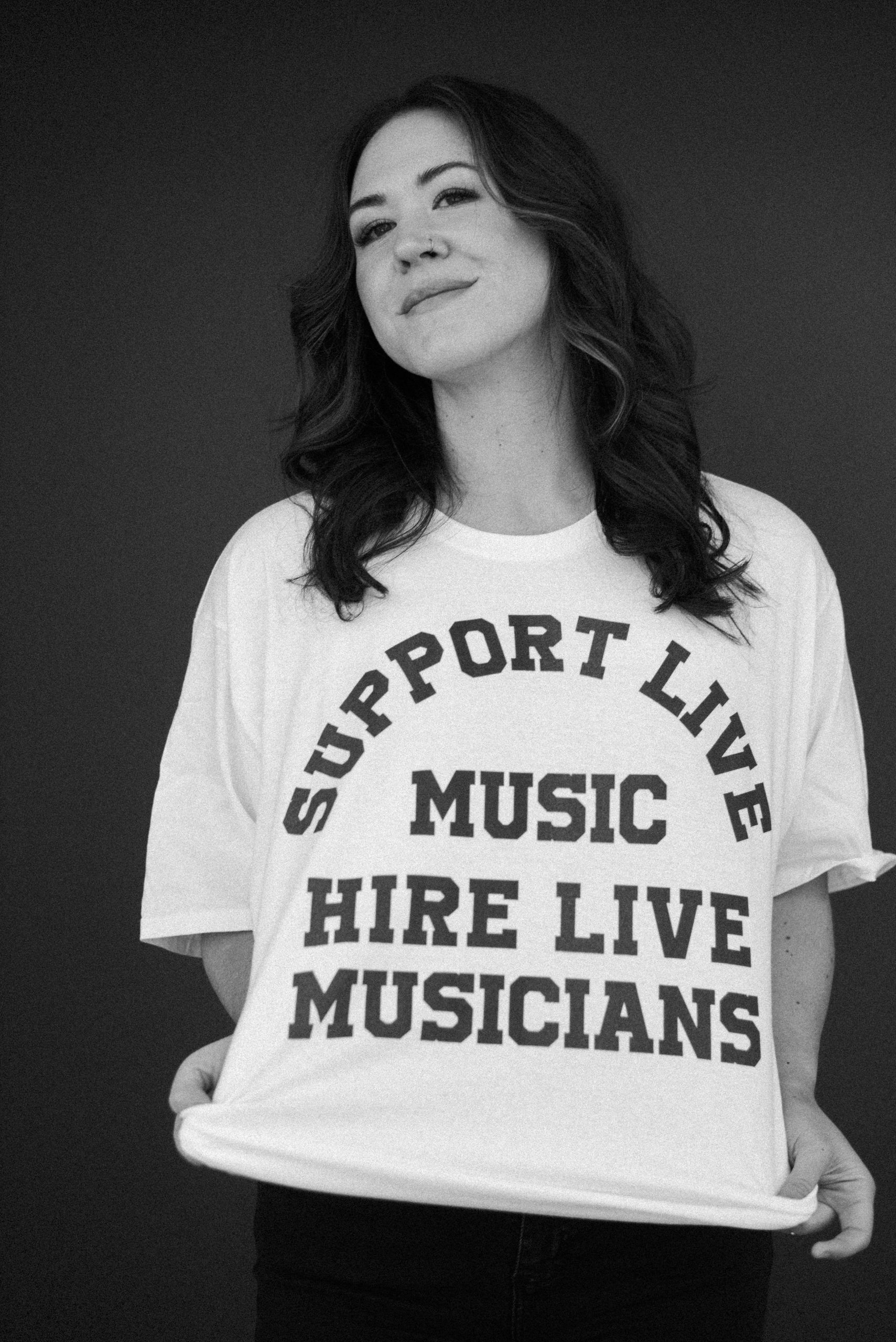Each spring, millions of viewers across Europe and beyond gather around their screens for one of the most spectacular events in the entertainment calendar: the Eurovision Song Contest. Known for its dazzling performances, extravagant costumes, and occasionally bizarre stage antics, Eurovision is more than a music competition. It’s a mirror of cultural trends, political alliances, and public opinion. And while fans argue about who should win based on musical talent alone, the reality is more complex. From voting blocs to staging power, a variety of factors influence who ultimately takes home the Eurovision crown. It’s no surprise that uk bookmakers not on GamStop spend weeks analysing not only the quality of songs but also geopolitics, staging, and even running order before setting their odds.
Voting Blocs and Neighbourly Support
One of the most discussed aspects of Eurovision is bloc voting. This refers to countries giving consistently high scores to their neighbours or political allies. For example, the Nordic nations—Sweden, Norway, Denmark, Finland, and Iceland—frequently exchange points, while Balkan countries like Serbia, Croatia, and Bosnia & Herzegovina show similar patterns.
A study published by the University of Oxford found that over 30% of Eurovision points between 1999 and 2019 could be explained by regional alliances rather than pure song quality. This doesn’t mean undeserving songs always win, but it does highlight how geopolitical and cultural ties can tilt the scoreboard.
Take Greece and Cyprus as a classic case: the two almost always award each other maximum points. In 2021, Cyprus gave Greece 12 points, and Greece returned the favour, continuing a decades-long trend. These exchanges often spark debates about fairness, but they are part of the contest’s political undercurrent.
The Power of Staging and Performance
A great song is not enough; the performance must stand out. Eurovision viewers are famously influenced by the spectacle, from pyrotechnics to choreography. Sweden is a masterclass in this regard. Since 2012, Sweden has won two times (Loreen in 2012 and 2023) and consistently placed in the top five, largely due to polished staging and cutting-edge visuals.
Statistics show that songs with high-energy choreography are far more likely to finish in the top 10. According to a 2020 analysis by ESC Insight, upbeat pop entries had a 70% higher chance of placing in the top five compared to slower ballads. Exceptions exist—Portugal’s Salvador Sobral won in 2017 with a stripped-back ballad, Amar pelos dois, proving that authenticity can sometimes outshine fireworks.
Running Order and Timing
The order in which a country performs also plays a role. Research by the London School of Economics found that acts performing in the second half of the show are statistically more likely to do well. This is partly down to human psychology: audiences and jurors remember recent acts more clearly when casting votes.
For instance, in 2013, Denmark’s Emmelie de Forest performed 18th out of 26 and went on to win. In 2018, Netta from Israel sang 22nd and took the crown. While performing early isn’t a guaranteed disadvantage, statistics indicate that later slots boost visibility.
Diaspora Voting and Migrant Communities
Another subtle factor is the diaspora effect. Large migrant communities living in other European countries can sway televotes. For example, Romania and Moldova often benefit from strong diaspora support in Spain and Italy, while Turkey, when it participated, frequently scored well from Germany due to its large Turkish population there.
In 2009, Norway’s Alexander Rybak achieved a record-breaking 387 points, but analysts noted that part of his huge televote came from Eastern European countries with significant Norwegian expat communities. This highlights how migration patterns can quietly shape outcomes.
Jury vs Public Vote Dynamics
Since 2009, Eurovision results have been decided by a 50/50 split between national juries and public televotes. Juries are meant to balance out regional biases and reward technical quality, while televoters represent popular opinion. But the split can create dramatic contrasts.
A clear example came in 2019, when the Netherlands’ Duncan Laurence won with Arcade. He topped both jury and public votes, but Italy’s Mahmood, with Soldi, won the televote while ranking lower with juries. In 2021, Italy’s rock band Måneskin triumphed largely thanks to a public televote landslide, showing how powerful audience momentum can be even when juries are lukewarm.
Interestingly, jury voting tends to favour ballads and technical vocal ability, while televoters lean toward spectacle and energy. This balance often shapes the type of winners Eurovision crowns.
Political Context and Symbolism
Eurovision may claim to be apolitical, but the contest often reflects current affairs. In 2016, Ukraine’s Jamala won with 1944, a song about the Soviet deportation of Crimean Tatars. Many interpreted it as a political statement following Russia’s annexation of Crimea, and the win sparked controversy.
More recently, Ukraine’s Kalush Orchestra won in 2022 with Stefania, boosted by overwhelming sympathy amid the ongoing war. They secured 631 points, the highest ever at the time, with an unprecedented televote of 439 points—a sign of solidarity more than musical preference.
Language Choices and Accessibility
While Eurovision was once dominated by national languages, today most entries are in English. Statistics from the European Broadcasting Union (EBU) reveal that over 80% of songs since 2010 were sung entirely or partially in English. This isn’t surprising—English maximises accessibility across Europe.
However, local languages can still make an impact. Italy’s Zitti e buoni (2021) and Portugal’s Amar pelos dois (2017) both won without English lyrics, proving that authenticity and emotional delivery can transcend language barriers.
Bookmakers’ Predictions and Accuracy
Betting odds are a fascinating lens through which to view Eurovision. Bookmakers often predict the winner weeks before the final, analysing rehearsal footage, press reaction, and performance order. A study by The Independent found that bookmakers correctly predicted the winner in 8 of the 10 contests between 2010 and 2019.
In 2023, Loreen was the bookmakers’ favourite months ahead of the contest, and she indeed won for Sweden. Still, surprises happen—Måneskin’s 2021 victory was not widely expected until the live semi-finals. This unpredictability is part of Eurovision’s charm, keeping audiences and punters hooked until the final vote.




